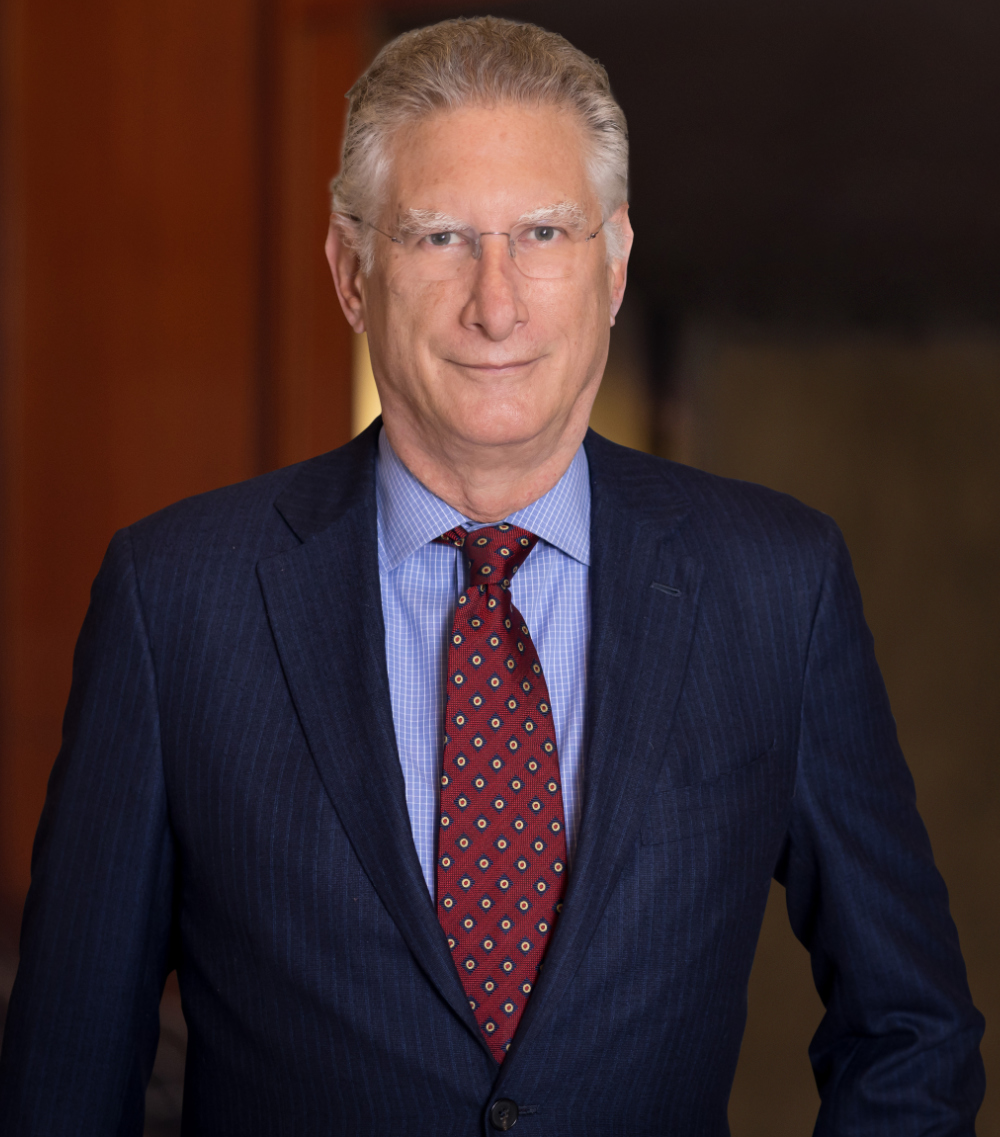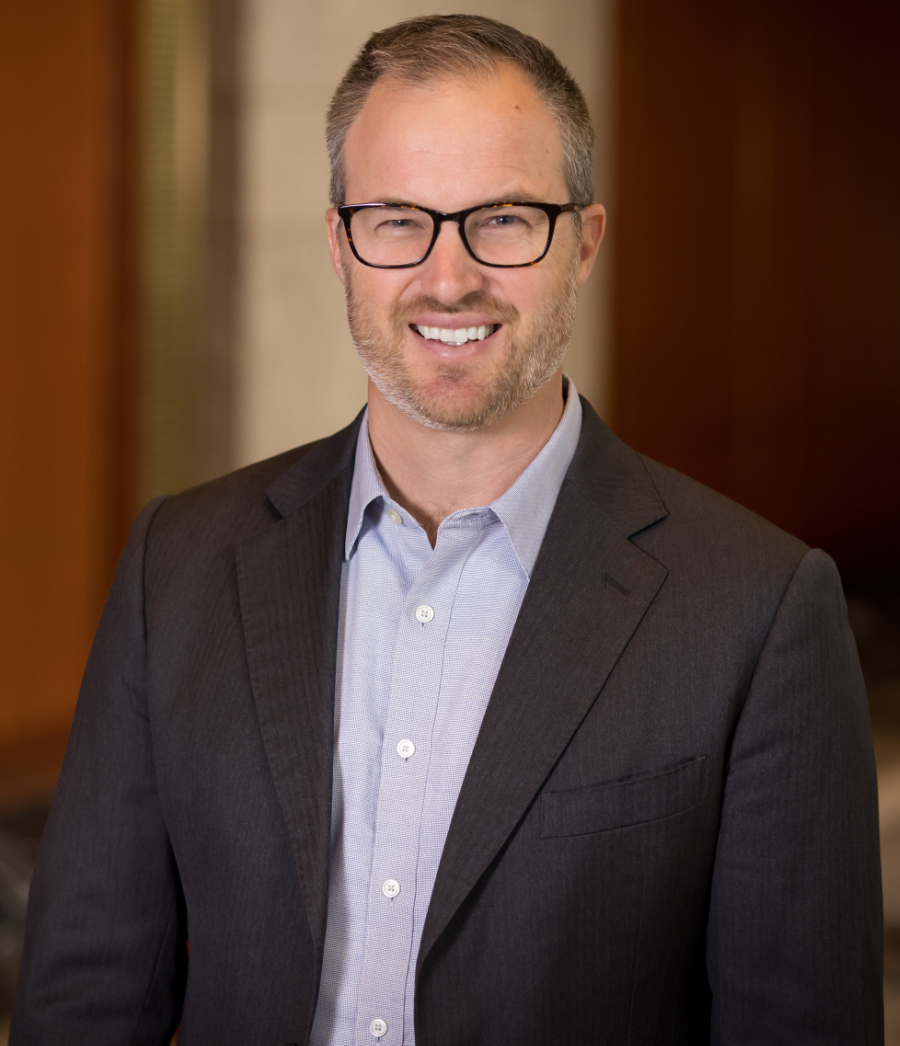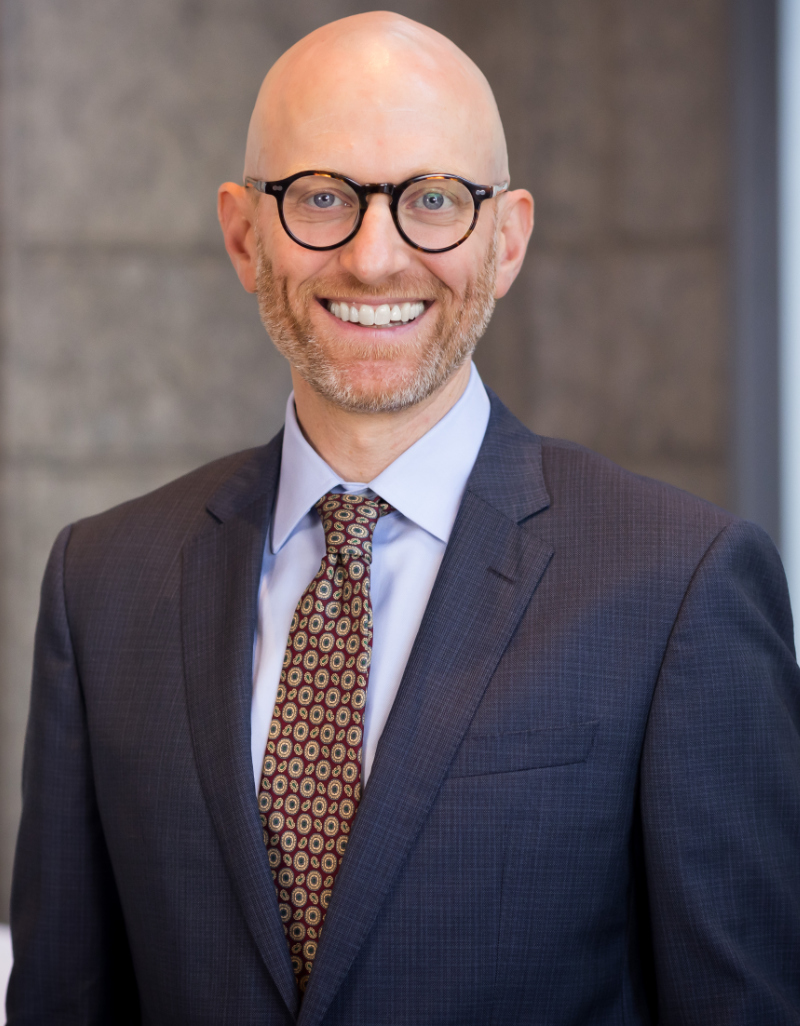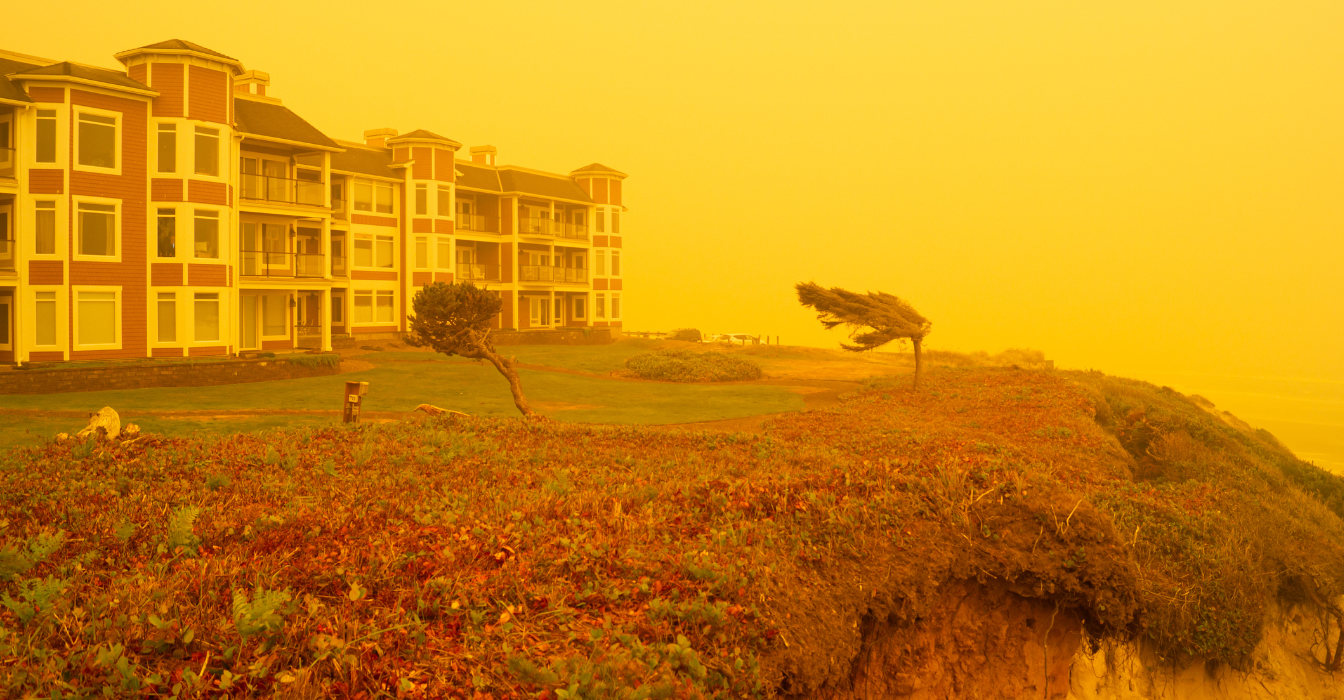The environmental law attorneys at Keller Rohrback take their cases personally. When devastating fires swept across Oregon on Labor Day 2020, the smoke reached as far as partner Yoona Park’s office in Portland. “People here couldn't see outside their windows past, like, six feet, because it was just orange outside,” she recalls.
Partner Matthew Preusch is based in Santa Barbara, Calif., a few miles from where, in May 2015, an underground pipeline ruptured, spilling more than 140,000 gallons of crude oil onto beaches and properties along the Pacific Coast. “It happened 20 minutes from my house,” Preusch says. “It was the largest oil spill since 1969 in California. So it was obviously a huge impact for our community.”
Both Park and Preusch are part of the Keller Rohrback teams that have successfully represented victims of the Oregon fires and the Santa Barbara spill in litigation against Berkshire Hathaway-owned utility, PacifiCorp, and Texas midstream crude oil company, Plains All American Pipeline. In the firm’s Seattle office, Lynn Lincoln Sarko, the firm’s managing partner and leader of the Complex Litigation Group, and Daniel Mensher, a leader in the firm’s environmental practice, have helped establish liability against chemical giant Monsanto for manufacturing PCBs that polluted waterways in the Pacific Northwest.

“We live with the harm and we see the harm from these cases every single day,” says Park. “And so, I think it makes these cases so much more personal and meaningful to us, to know that these are the types of cases that we are expending all these hours and energy on.”
This personal connection, Mensher believes, makes it easier to relate to what clients are going through. “One of the things I'm super proud of about my work at KR is we never take our eyes off the ball about what these cases are about, in terms of who is suffering and who has been harmed,” he says.
Says Mensher, “We can bring that sort of empathy and compassionate ability to articulate what is happening to folks who have either lost their home in a fire that was caused by Berkshire Hathaway's decisions to neglect its obligations to the people in Oregon, or to the Plains Pipeline company that decided to maximize its profits and neglect its responsibilities to the people in California.”
Deep Roots – And Pockets
Keller Rohrback, which was founded in Seattle in 1919, cut its environmental law teeth on the litigation over the Exxon Valdez oil spill in Alaska’s Prince William Sound in March 1989, representing fishermen, landowners and businesses who sued Exxon for damages. Sarko, a former assistant U.S. attorney, was part of the class action trial team that won a landmark $5B verdict against Exxon in 1994 (which was later reduced on appeal to $500M). He was also appointed to administer the settlement funds from the case.
The firm realized early on with the Exxon case that the key to being able to go toe-to-toe with these mega corporations – and their well-funded legal representation – is that you have to match them in skill, talent and resources. “You need to staff these cases like a large defense firm,” Sarko says. “You need to be able to have the resources to match them person by person. You need to have deep pockets.”
Part of the approach means finding the best people for the job, making the firm nimble and taking a multidisciplinary approach. The firm regularly brings in not only environmental experts but corporate experts, bankruptcy experts, electronic discovery experts and appellate experts. And in-house they have the secret ingredient to any science-based case: self-proclaimed nerds.
You need to staff these cases like a large defense firm. You need to be able to have the resources to match them person by person.
“If you want nerds, we have people as nerdy as you need,” says Sarko. “We have people with all sorts of science backgrounds. Because it really does take all those pieces together. In no case is anyone responsible for winning alone. It truly is a group effort at this place.”
Mensher came to the firm in 2014 with an academic background, having taught environmental law at Lewis & Clark Law School in Portland for six years. One thing that had come to his attention, he says, was the limitations of the Clean Water Act. “It was not doing a great job of dealing with legacy pollutants like PCBs – pollutants that kind of got into the environment a long time ago, but continued to be a big problem,” he explains. “PCBs last, effectively, forever. The Clean Water Act was really aimed at stopping new discharges of things like PCBs into the environment, but we were left with this massive toxic legacy.”

Cleaning Up the Acts
In 2020, the City of Seattle asked Keller Rohrback to take on a case the City filed in 2016, seeking to hold Monsanto accountable for the contamination of the Duwamish River by PCBs it manufactured. Another client, the State of Oregon, brought a similar case in state court in 2018.
According to Mensher, there was evidence going back to the 1930s, when Monsanto began making PCBs, that the company knew they were toxic. “They have boatloads of documents showing this stuff is not good for human health and not good for critters, either,” he says. “They also knew that PCBs lasted forever – heck, that was one of their big selling points – and third, they were marketing these forever chemicals for uses that they knew would mean that PCBs inevitably got into the environment.”
Through discovery, the firm was able to turn up internal documents with damning evidence. “They said things like: We are selling enough PCBs every year to contaminate the entire food chain in the United States,” recalls Mensher. “But instead of doing the right thing and saying, Maybe we ought to be telling people about these risks, they did the exact opposite and said in internal memos things like, We cannot afford to lose a single dollar of our PCB business, so don't tell anybody about these risks.”
An Oregon assistant attorney general, Donald Pyle, had been working on litigation over the Portland Harbor Superfund site where Oregon taxpayers and businesses were funding a cleanup of PCBs. Mensher recalls that he and Preusch decided to talk to Pyle about it, and they started mind-melding. The federal government had instituted the Comprehensive Environmental Response, Compensation, and Liability Act, or CERCLA, which provided a federal “Superfund” to clean up PCBs and other environmental contaminates. But the group realized one major party was missing from the cleanup efforts: Monsanto.
“Monsanto knew what was going on,” Mensher says. “They sold all these PCBs here. They told people, basically: Go for it, it's fine if they get into the environment – and now they're getting off scot-free. And that didn't seem right to us.”
Over the course of the Keller Rohrback lawyers’ conversations with Pyle and other Oregon officials, it became clear to the group that PCBs weren't an issue just in the Portland Harbor, but in fact, PCBs were having effects across the State of Oregon. The State realized that, as Mensher recalls, “We have a bigger story to tell here. Monsanto has created a quiet, slow environmental disaster, and we need to work to hold them responsible.”
A major hurdle for Keller Rohrback in establishing liability against Monsanto was the company’s defense that fault was limited to PCB dischargers. “They said: We made a raw material that was legal and somebody else discharged it into the environment, so we’re not at fault,” Mensher recalls. However, in a key ruling in January 2019, a Multnomah County Circuit Court judge agreed with the State that a key environmental protection statute enacted by the Oregon legislature was more expansive, and “does not by its terms restrict the scope of liability to the person who ‘discharges’ a pollutant. Rather it makes liable ‘the person responsible for’ pollution.”
PCBs last, effectively, forever. The Clean Water Act was really aimed at stopping new discharges of things like PCBs into the environment, but we were left with this massive toxic legacy.
And, the ruling said, even if, as Monsanto argued, “the person responsible for” should be interpreted to mean the person who was the “primary cause” of the pollution, “a trier of fact could reasonably conclude that defendants were the primary cause” of the PCB pollution in Oregon.

Monsanto also tried to bury the state in discovery requests. “I think they believed that the State would cry uncle and say, we're done, we don't want to do this,’” Mensher says. But what Monsanto didn’t realize is they were up against an elite force of legal eco-warriors. Keller Rohrback deployed its discovery team – including its state-of-the-art Legal Technology Group led by Partner Eric Fierro – to find, collect, and review massive amounts of documents and data. Keller worked with the State’s Office of the Attorney General and co-counsel to collect and review data and documents from multiple state agencies, ultimately producing over 11 million pages of documents in response to Monsanto’s expansive discovery requests.
Ultimately, Monsanto settled the Oregon case for $698M and agreed to pay the City of Seattle another $160M – notably more than the $95M that the entire State of Washington obtained from similar litigation.
“We feel pretty darn good that we've managed to find a way to litigate these cases in a way that actually begins to get Monsanto to pay its fair share of the cost to clean up PCB contamination,” Mensher says.
As the World Burns
In the class action litigation against PacifiCorp, Oregon property owners and residents alleged that, by leaving its power lines energized during critical fire conditions on Labor Day 2020, the utility was a major cause of the widespread wildfires that devastated the region. The case, brought by Keller Rohrback, along with its co-counsel, was the first time a major utility in Oregon was brought to task in the courts for causing a wind-driven wildfire.
One of the hurdles to the litigation was that there wasn’t – and still isn’t – an official government report about the cause of the Labor Day 2020 fires, which destroyed thousands of homes and leveled over a million acres of land. So, the eco-warrior strike force at Keller Rohrback set out to build a case against PacifiCorp from scratch. They hired experts, built a case, and along with their co-counsel, took it all the way through a jury trial.
For the liability claims against PacifiCorp, they hand-picked a range of experts, from fire investigators to electrical engineers; metallurgists describing how power lines start fires; arborists explaining how they're supposed to keep trees trimmed back from the line so they don't fall on the wires; and various experts speaking to when the company should have shut off the power. It was a novel approach in the trial, to have testimony from these experts about when lines should be de-energized because of dangerous wind conditions. “What’s consistent across all our environmental cases is the importance of finding and working with excellent experts,” Preusch says.
A major battle in the litigation was over certification of an issue-based class. “There had never been a class certified in a utility-caused wildfire case” by a U.S. court, Preusch says. The Keller Rohrback lawyers decided to proceed under Oregon class action law, which is less restrictive than federal law. Granting certification in May 2022, a Multnomah County Circuit Court judge said the plaintiffs had made a sufficient showing of commonality and had “sufficiently established that their factual theories can be proven by evidence [including expert testimony] applicable both to the individual class members and to all class members as a whole.”
In the first trial, the jury returned a liability verdict in favor of the entire class and ordered PacifiCorp to pay punitive damages. At the second trial to determine damages, the jury awarded $7M in economic damages, $23.2M in non-economic damages, and $7.3M in punitive damages.
Appeals are underway, but the team’s success to date has the potential to change the dynamic for wildfire cases in courts across the country. As Preusch says, “Now plaintiffs and their lawyers know what value juries assign to the stories that these people tell about their experiences fleeing from fire. There hadn't been that data point before.”
Through the team’s robust, novel and compassionate approach to finding justice for victims of these unprecedented wildfires, the team at Keller Rohrback is creating value and hope for fire survivors everywhere – and accountability for the companies who contribute to their spread.
What Monsanto didn’t realize is they were up against an elite force of legal eco-warriors.
Following the Trail
Dan Mensher went to great lengths to investigate the impact of the 2015 Santa Barbara oil spill on the local fishing industry. “I was on fishing boats learning about how sea cucumbers are harvested,” he recalls. The disaster, he says, “had real impacts on people, people who are commercial fishers, people whose livelihoods depend upon being able to take care of resources and then extract resources as well.”

There is a straight line from the Exxon Valdez oil spill case to this one, as the Keller Rohrback attorneys continue their long history of fighting for victims of oil spills. They filed a case on behalf of fisherman very shortly after the spill happened, in June of 2015, in the Central District of California, against Plains All American Pipeline.
The court certified two plaintiff classes – one consisting of fishers and commercial seafood businesses and the other of residential beachfront property owners or people with a private beach easement. The spill “forced the closure of beaches and fertile fishing grounds,” the complaint noted, and Plains was allegedly at fault for failing to adequately maintain its pipeline, install an automatic shut-off valve on it, and properly respond to the rupture.
As class counsel, Keller Rohrback teamed up with two other firms in California to represent all of the affected people and businesses. “We really pride ourselves on being able to work with a lot of other plaintiffs’ firms, which is necessary in some cases, to pool resources to litigate against these major companies and their defense firms,” Preusch says.
Unlike the Oregon fire case, the Santa Barbara litigation settled before trial, with Plains agreeing to pay $184M to the Fisher Class and $46M to the Property Class. The court granted final approval in September 2022 after more than seven years of litigation. “These are complicated, drawn-out fights, and they involve a lot of expert resources, and they typically do not resolve early,” Preusch says. “We always have to be prepared for that long fight – and be prepared to try the case if that's the direction it goes.”
“We love to take cases to trial,” Lynn Sarko says. “But in these cases, the clients are in charge, so they decide where the off-ramp is.”
Growth from the Ground Up
Out of a total of about 75 attorneys, Keller Rohrback now has about 20 lawyers working full-time on environmental cases, according to Sarko. He sees plenty of room for more growth.
Given their success with these cases, the firm is in the relatively unique position of being approached by state and local governments who want to bring a case on behalf of their citizens – and are looking to partner with an effective force in the courtroom.
“Government clients are mad as hell and don't want to take it anymore,” Sarko says. “There's more interest in going after polluters, whether it's oil or chemicals or smoke.”
Keller’s environmental law practice has grown in tandem with governments and citizens who are also increasingly invested in fighting corporate malfeasance. “These companies are maximizing profits without care for the impact on the community,” says Mensher, “and then government clients are saying: Wait a second, we’re stuck cleaning up this mess.” Keller Rohrback is proud to put more resources into helping the governments hold those companies accountable and have them pay their fair share of the cleanup costs.
About the firm’s fast-growing Portland office, which has grown from one to seven lawyers in only two years, Park says, “To be able to have an office of excellent lawyers physically present in Oregon has been really key for both the fires cases and for the Oregon PCB case."
Keller Rohrback is also currently representing the states of Maryland and Delaware, and three California counties in the Bay Area in PCB litigation. In a significant victory for the plaintiffs, the Delaware Supreme Court held in June 2023 that Monsanto could be liable for a public nuisance and trespass caused by PCBs because it continued to supply the chemicals to consumers and industry even though it knew they were hazardous.
“This idea that the last person to touch the product is not the only person on the hook is really getting traction, and that's bringing corporations like Monsanto to face what they've done,” Park says. “Temperatures are rising, climate is changing,” she adds, “but what's exciting is that we're able to find new muscle in the law.”


